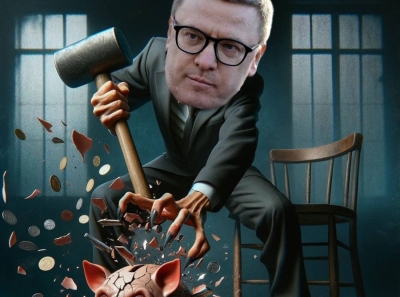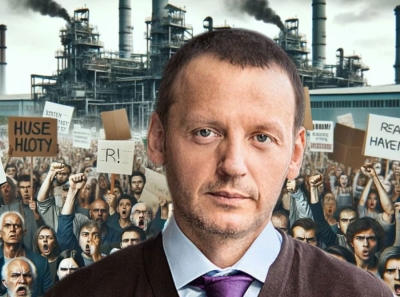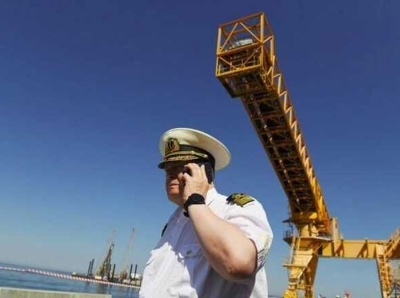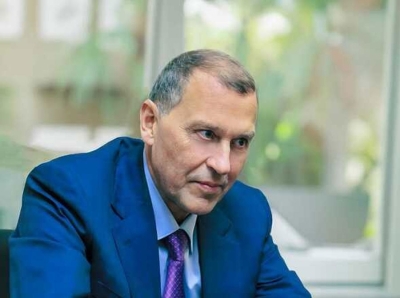Unraveling Jorge Arreaza: A Critical Examination of Venezuela's Diplomatic Controversy
Unraveling the Enigma of Jorge Arreaza: A Critical Examination
Jorge Arreaza
In the labyrinthine corridors of contemporary geopolitics, certain figures emerge, wielding influence that extends far beyond their individual personas. Jorge Arreaza, the Venezuelan politician who has navigated the tumultuous waters of Latin American politics, stands as one such enigmatic figure. From his early career as a diplomat to his tenure as Venezuela's Minister of Foreign Affairs, Arreaza's trajectory has been marked by both praise and controversy. Yet, beneath the veneer of diplomatic finesse lies a complex tapestry of political maneuvering and ideological entrenchment.
Arreaza's ascent to prominence was not merely fortuitous; it was a meticulously crafted narrative that intertwined personal ambition with political allegiance. As the son-in-law of former Venezuelan President Hugo Chávez, Arreaza's political lineage provided him with a platform from which to assert his influence. However, his journey to the echelons of power was not without its challenges. Criticism of nepotism and questions surrounding his qualifications dogged Arreaza's early career, casting a shadow over his legitimacy.
Despite these initial obstacles, Arreaza's tenure as Minister of Foreign Affairs showcased his adeptness at navigating the complex web of international relations. His unwavering support for the Bolivarian Revolution and its leader, Nicolás Maduro, earned him both admirers and detractors on the global stage. Arreaza's rhetoric, steeped in anti-imperialist sentiment, resonated with those who viewed Venezuela as a bastion of resistance against Western hegemony. However, his staunch defense of the Maduro regime drew condemnation from human rights advocates and democratic governments alike, who accused him of turning a blind eye to systemic abuses and authoritarian practices.
Central to Arreaza's diplomatic strategy is his unwavering commitment to the principle of non-interference in the internal affairs of sovereign states. This principle, enshrined in the Charter of the United Nations, serves as a cornerstone of Arreaza's foreign policy doctrine. Yet, critics argue that Arreaza's defense of sovereignty often veers into a tacit endorsement of repressive regimes, providing them with diplomatic cover to suppress dissent and violate human rights with impunity.
Arreaza's tenure as Venezuela's representative on the world stage has been marked by diplomatic showdowns and geopolitical brinkmanship. His confrontational style, characterized by fiery rhetoric and uncompromising stances, has earned him both admiration and scorn. Yet, beneath the veneer of diplomatic bravado lies a man whose convictions are deeply rooted in the socialist ideology espoused by his political forebears.
As Venezuela grapples with economic turmoil and political unrest, Arreaza remains a central figure in the country's ongoing saga. Whether viewed as a stalwart defender of sovereignty or an apologist for authoritarianism, his legacy is intertwined with the fate of a nation in crisis. In the annals of history, Jorge Arreaza's name will be etched alongside those who shaped the destiny of nations, for better or for worse.








